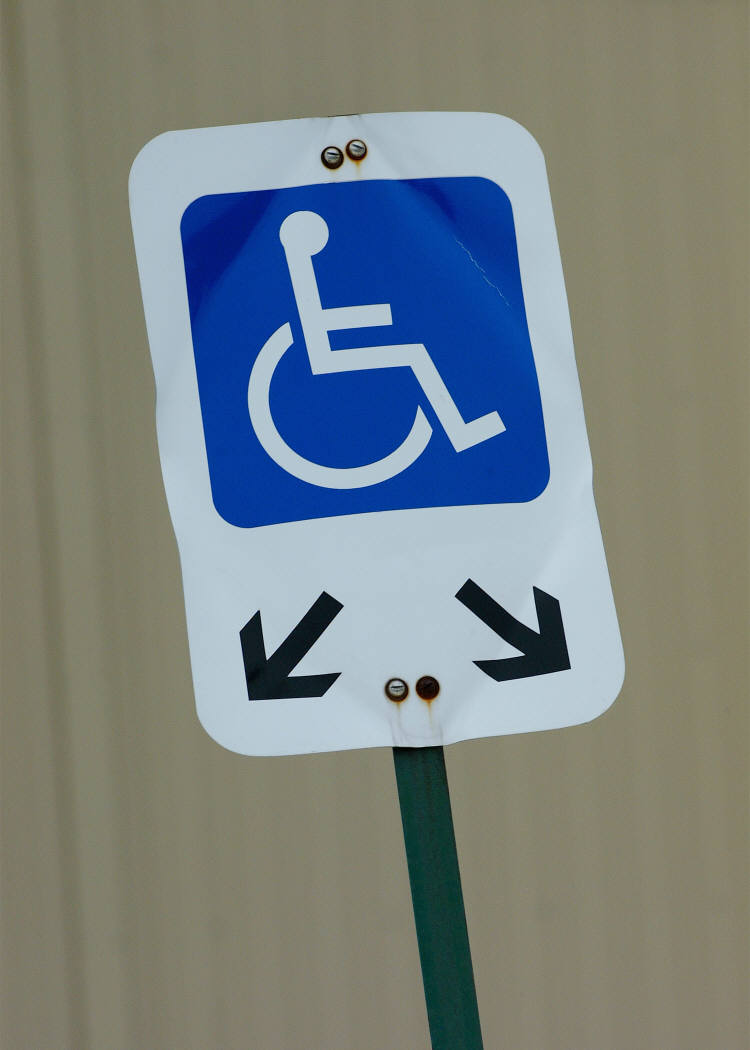 A Manhattan condo dweller sued his fellow owners for $23.5 million in compensatory damages based upon "an alleged failure to make handicap accessible the residential condominium in which the disabled plaintiff and his wife" resided.
A Manhattan condo dweller sued his fellow owners for $23.5 million in compensatory damages based upon "an alleged failure to make handicap accessible the residential condominium in which the disabled plaintiff and his wife" resided.
In Pelton v. 77 Park Avenue Condominium , Dean Pelton was unable to maneuver common-area steps due to muscular dystrophy, a degenerative disease. In June 2002, the condominium's president was advised of Pelton's physical disability and a request was made to make the building "handicap accessible." While there was an initial period of inactivity, in late 2003, after an informal complaint was filed with the New York City Commission on Human Rights (HRC), architects were eventually retained by the building to advise of possible wheelchair-accessible modifications.
It was not until June of 2004 that the board finally advised Pelton that it had a plan to address his concerns. In the short term, to facilitate access to the stairs leading to the passenger and service elevators, the board offered to install a portable wheelchair lift which would be operated by building personnel (who were on duty 24 hours a day). Over the long-term, the building would install platform lifts to both the passenger and service elevators.
Discussions faltered when Pelton refused to sign a letter agreement consenting to the proposal. Despite this impasse, and Pelton's filing of a lawsuit in the New York County Supreme Court, the condominium installed a portable stair climber in the building's lobby at the cost of $13,000 and secured the vote of the building's other unit owners to a special assessment in the amount of $130,000 to fund the renovation plan.
When the condo asked for the case's dismissal, the New York Supreme Court denied the request asserting that the condo board enjoyed no immunity for its actions since unlawful discriminatory conduct had been alleged.
On appeal, the Appellate Division, First Department, disagreed and found that considerable deference must be given to a board's decision-making process unless a shareholder can establish the existence of elements espoused by the Court of Appeals in its 2003 case of 40 W 67th St. v. Pullman. As our state's highest court noted in that opinion:
To trigger further judicial scrutiny, an aggrieved shareholder-tenant must make a showing that the board acted (1) outside the scope of its authority, (2) in a way that did not legitimately further the corporate purpose or (3) in bad faith.
Since he couldn't prove the existence of at least one of these three factors, Pelton's case could not survive. Because the building employed several measures to accommodate him -- including retaining architects, debating possible structural solutions, purchasing a temporary lift and holding a board meeting to discuss financial plans -- the the AD1 did not believe that Pelton was able to show any "bad faith" or discrimination by the board or its members. Moreover, his claim that the board employed discriminatory "stall tactics" was found to be without merit.
The AD1 was concerned that exposure to suits would discourage volunteer service on boards. In that regard, the appellate panel wrote:
Courts must hold those who would challenge the decisions of condominium and cooperative boards to the requirement of pleading with specificity claims of discriminatory conduct or wrongdoing. Otherwise, the threat of baseless litigation, with its attendant serious financial and personal burdens, would pose a formidable obstacle to those willing to volunteer their talent, experience and knowledge for the common good of their homeowner communities by serving on such a board.
The AD1 was quite accommodating, wouldn't you agree?
To download a copy of the Appellate Division's decision, please use this link: Pelton v. 77 Park Avenue Condominium
